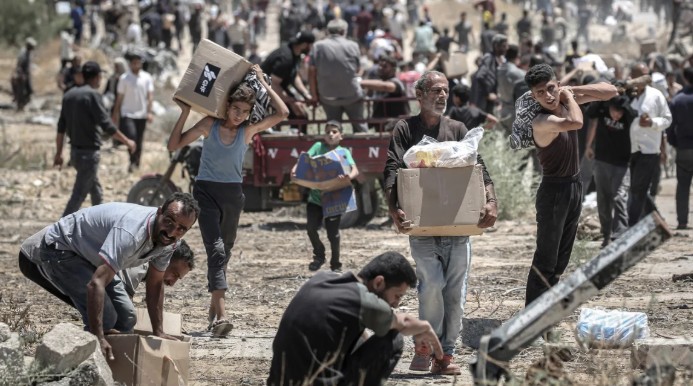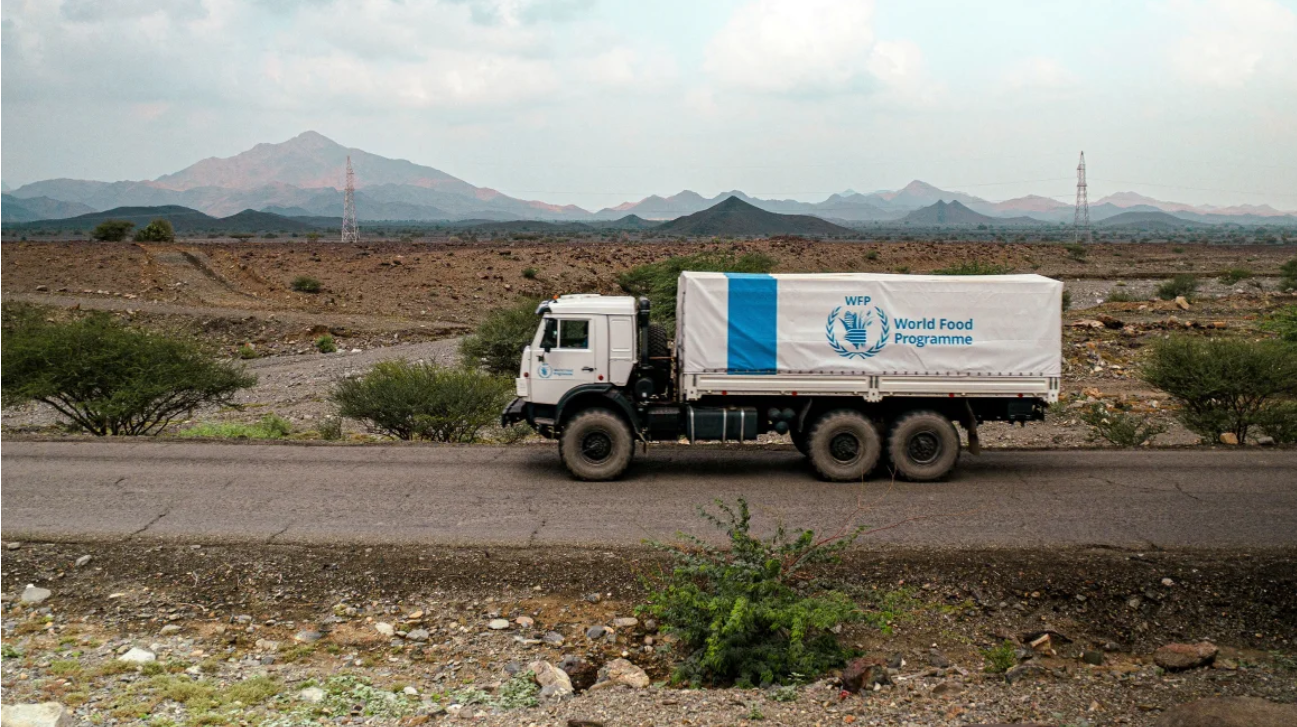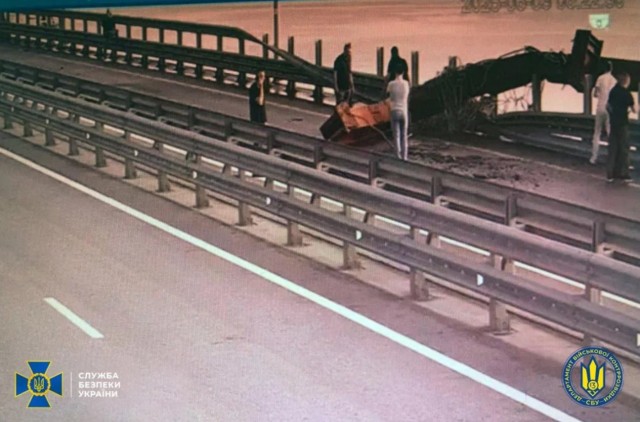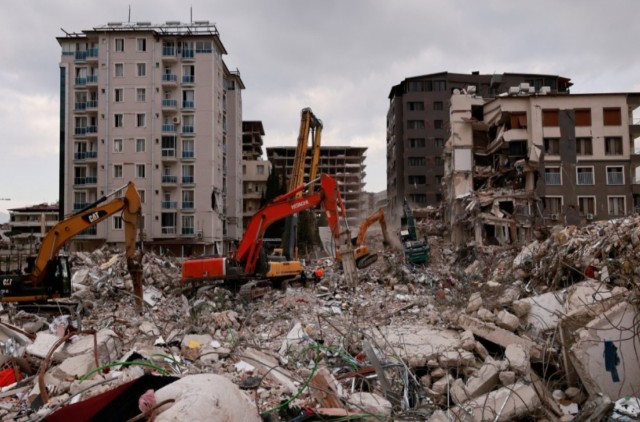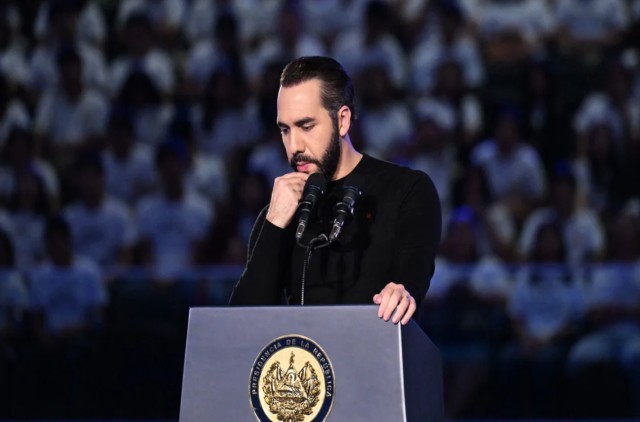
The Israeli military has called up tens of thousands of reservists, saying it is aiming to increase pressure on Hamas
Israel's security cabinet has greenlit an aggressive new military plan targeting Hamas. The decision, officials say, includes the capture and control of Gaza territory.
Prime Minister Benjamin Netanyahu declared the campaign would be “forceful and determined.” Its objectives: eliminate Hamas and rescue the remaining hostages.
He also stated that Gaza’s 2.1 million residents will be relocated for their protection, but did not clarify how far or for how long. “They won’t just enter
and leave,” he emphasized, hinting at long-term military control.
Key Goal: Defeat Hamas and Hold Territory
The strategy, proposed by Israeli military chief Lt Gen Eyal Zamir, was unanimously approved by ministers. It includes capturing areas of Gaza, expanding buffer zones, and weakening Hamas' grip on aid distribution.
An Israeli official confirmed the population will be moved southward. Hamas, meanwhile, will be denied access to humanitarian relief.
The cabinet has also approved a controversial proposal to allow private companies to deliver aid. This would bypass international organizations and challenge the current humanitarian framework.
Aid Plan Faces Global Criticism
The UN and aid groups have condemned the aid proposal. They say it violates humanitarian law and puts lives at risk.
The Humanitarian Country Team warned it could deepen civilian suffering. Vulnerable groups might lose access to essential supplies, including medicine and food.
The UN insists Israel is responsible under international law to ensure supplies reach Gaza. But aid has been blocked since March 2, leading to worsening hunger and collapsing medical services.
Trump’s Visit Creates Brief Pause
A senior Israeli security official revealed the new campaign won’t launch until after U.S. President Donald Trump's visit to the region between May 13–16.
The pause, he said, offers Hamas a final opportunity to agree to a ceasefire and hostage release deal.
Trump is expected to meet leaders in Saudi Arabia, the UAE, and Qatar—key regional players in brokering any future agreement.
Hamas and Hostage Families React
Hamas has rejected what it calls “blackmail and pressure.” They demand a full ceasefire, Israeli withdrawal, reconstruction, and mutual prisoner release.
Families of Israeli hostages say the government is prioritizing land over lives. A support group representing them criticized the decision as out of touch with public opinion, claiming most Israelis favor a deal over continued combat.
Displaced Gazans Refuse to Flee Again
Residents in northern Gaza voiced strong opposition to Israel’s relocation orders. Many said they would not leave, even under threat.
“I already moved once with 60 family members,” said 76-year-old Ahmed Shehata. “Conditions were worse than war. This time, we’re staying.”
Others echoed his sentiment. “We're not afraid. We’re not moving again,” said Osama Tawfiq, a father of five.
Military Strategy Faces Mounting Doubts
Israel's renewed campaign comes after a deadly attack by Hamas on October 7, 2023, which killed around 1,200 people and led to the kidnapping of 251 others.
Since then, Israel's operations have resulted in over 52,000 deaths in Gaza, according to the Hamas-run health ministry. That includes nearly 2,500 deaths since the offensive resumed in March.
Critics argue the military approach has failed to secure hostage returns and is causing mass suffering without clear success.

The Road Ahead
Israel insists it is following international law. However, its latest plan marks a sharp escalation—militarily and politically.
As the world watches and leaders like Trump prepare to intervene, Gaza’s future hangs in uncertainty.
With rising tensions, deepening humanitarian crises, and limited time for diplomacy, the next few weeks could reshape the conflict’s course.






